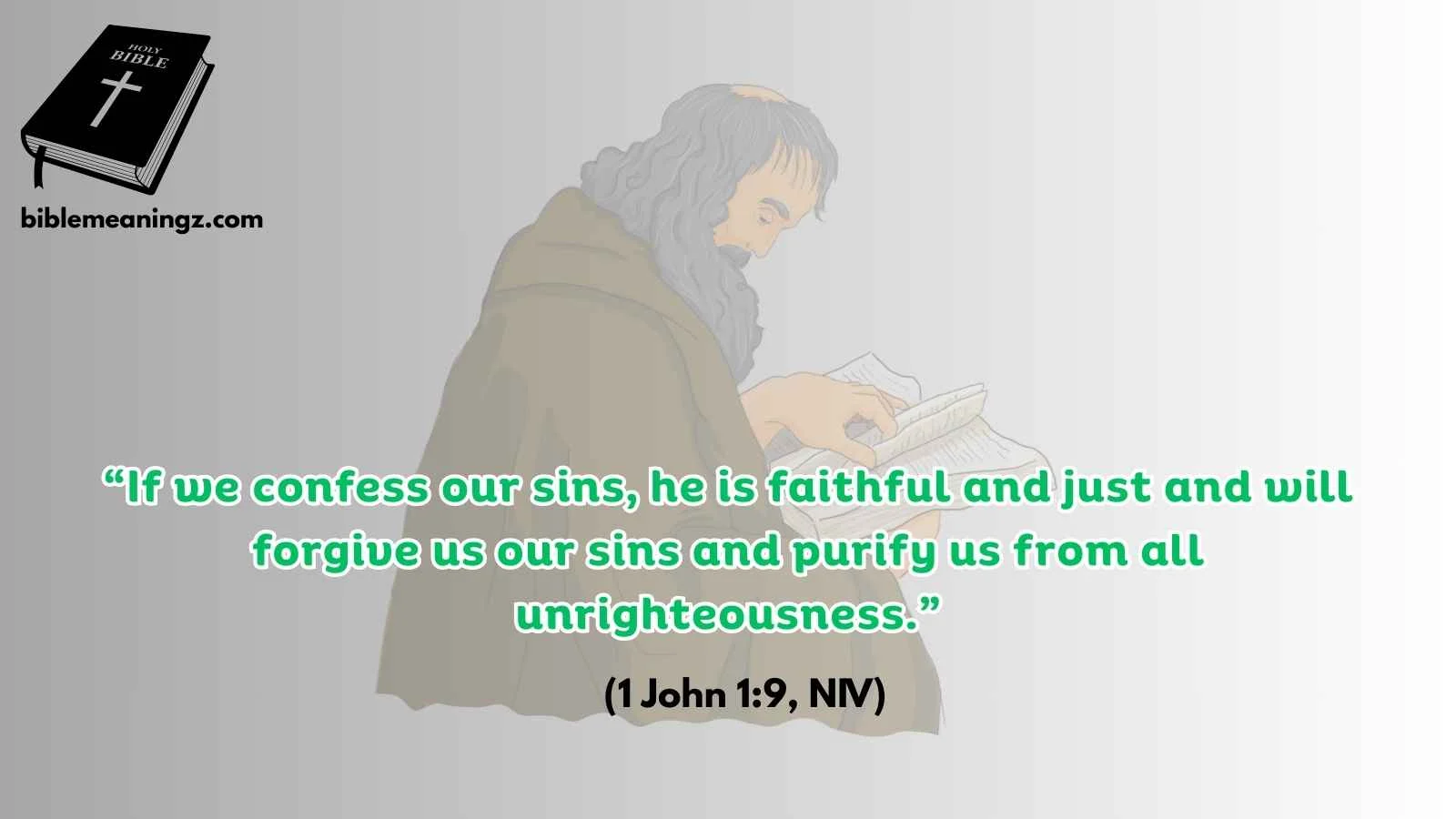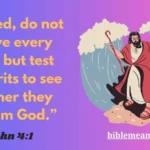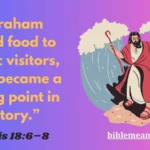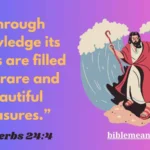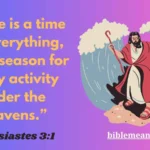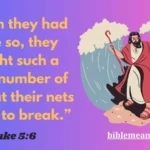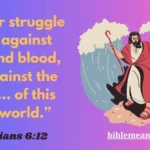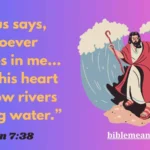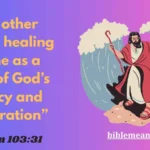Have you ever come across the term El Gallo and wondered about its spiritual meaning? For many, the image of a rooster or rooster-like figure can evoke a variety of emotions,
whether through dreams, symbols, or even encounters in everyday life. El Gallo—which translates from Spanish to “the rooster”—holds various meanings in different cultures.
But for Christians, it is essential to explore how this symbol resonates with our faith. As believers, it is crucial to seek biblical wisdom and spiritual peace when faced with questions or concerns about any sign or symbol that comes into our lives.
Biblical Background
The rooster (or El Gallo) appears in various symbolic contexts in the Bible, especially in the New Testament. While not always explicitly mentioned, the rooster carries profound spiritual meanings for modern Christians. To understand the biblical significance of El Gallo, it is important to explore the cultural and historical context in which the rooster was often used as a symbol.
The Rooster and Peter’s Denial
One of the most well-known references to a rooster in the Bible comes from the story of Peter’s denial of Jesus. In Luke 22:61, after Peter denies knowing Jesus three times, the rooster crowed, fulfilling Jesus’ prophecy that Peter would deny Him three times before the rooster crowed.
“The Lord turned and looked straight at Peter. Then Peter remembered the word the Lord had spoken to him: ‘Before the rooster crows today, you will disown me three times.’” (Luke 22:61, NIV)
In this moment, the rooster symbolizes the fulfillment of a warning—a call to repentance and self-awareness. It serves as a reminder of human weakness, but also as a call for reconciliation and forgiveness from Jesus. When the rooster crowed, Peter was moved to repentance, showing us that even in our moments of failure, God offers mercy and grace.
The Rooster as a Symbol of Watchfulness
The rooster is also an ancient symbol of watchfulness. In many cultures, including biblical times, the rooster’s crowing at dawn signaled the beginning of a new day. This act of waking up and heralding the morning was associated with the idea of vigilance, preparation, and readiness for the tasks ahead.
The Bible encourages believers to be vigilant and alert, always ready for the Lord’s return. The rooster, in this context, can be seen as a symbol of spiritual awareness, urging Christians to be watchful and prepared for the work God has for them.
“Therefore, keep watch, because you do not know on what day your Lord will come.” (Matthew 24:42, NIV)
Spiritual Interpretations of El Gallo
- Repentance and Restoration
As seen in the story of Peter’s denial, El Gallo—the rooster—can serve as a reminder of the need for repentance. When the rooster crowed, Peter’s heart was stirred to repentance. This serves as a powerful reminder for Christians today that God’s grace is abundant, and when we fail, there is always a way back to Him through repentance.
“If we confess our sins, he is faithful and just and will forgive us our sins and purify us from all unrighteousness.” (1 John 1:9, NIV)
Reflecting on this, we can apply it to our own lives by taking time to confess our shortcomings to God. When we fall short, it’s important to repent and restore our relationship with Him. El Gallo reminds us that no matter how far we stray, God’s grace is greater, and His mercy is always available to us.
- Spiritual Vigilance and Readiness
In another sense, the rooster symbolizes spiritual vigilance. Its crowing serves as a call to be awake and ready. The Bible often calls Christians to be vigilant in their faith, ready for the return of Christ, and prepared for whatever challenges life may bring.
“Be alert and of sober mind. Your enemy the devil prowls around like a roaring lion looking for someone to devour.” (1 Peter 5:8, NIV)
For today’s Christians, El Gallo is a reminder to stay spiritually alert. Whether it’s staying grounded in prayer, maintaining a faithful heart, or guarding against temptation, the rooster’s crow serves as a signal to stay vigilant.
- A Call to Spiritual Renewal
The rooster’s crowing at dawn symbolizes a fresh start, a new day. In the same way, El Gallo can signify new beginnings and opportunities for spiritual renewal. The Bible speaks of God’s mercies being new every morning, which aligns with the symbolic meaning of the rooster welcoming a new day.
“Because of the Lord’s great love we are not consumed, for his compassions never fail. They are new every morning; great is your faithfulness.” (Lamentations 3:22-23, NIV)
As Christians, we can take comfort in knowing that each day is an opportunity to renew our faith, start anew, and grow closer to God.
- The Importance of Following God’s Voice
The rooster’s crowing is also a reminder that we must listen to God’s voice above all others. Just as the rooster’s call is unmistakable, God’s voice should be the most important and recognizable sound in our lives. Jesus, in John 10:27, speaks of His followers knowing His voice.
“My sheep listen to my voice; I know them, and they follow me.” (John 10:27, NIV)
When faced with choices and decisions, it is essential for Christians to tune into God’s voice, much like the rooster’s call that signals the dawn of a new day.
Examples or Variations of El Gallo
The significance of El Gallo can shift depending on context. For example, in certain dream interpretations, a rooster may symbolize a call to wake up spiritually, urging the dreamer to become more aware of their relationship with God.
However, if a rooster appears in a context associated with conflict or negative feelings, it might represent a call to reflection on areas of life where spiritual complacency has taken root. Perhaps there is a need to repent, seek healing, or turn back to God.
Dealing with Negative Signs or Troubling Dreams
If El Gallo appears in a negative or troubling context, such as in a dream that causes distress, it could be a warning sign. In this case, it is essential to respond with prayer and spiritual discernment. Here are a few steps you can take:
- Pray for Protection
Ask the Lord for His protection over your mind and spirit. Psalm 91 is a powerful prayer of protection, reminding us that God is our refuge and fortress. “Whoever dwells in the shelter of the Most High will rest in the shadow of the Almighty.” (Psalm 91:1, NIV) - Repentance and Self-Examination
Reflect on any areas of your life where you may be straying from God’s will. Repent and ask God for His cleansing grace. - Seek Spiritual Guidance
If you feel uneasy or troubled, it’s always wise to talk to a trusted spiritual leader or pastor. They can help you discern the meaning of the experience and offer guidance on how to move forward. - Put on the Armor of God
Ephesians 6:10-18 reminds us to put on the armor of God for spiritual protection. This passage speaks to the importance of standing firm in faith against the attacks of the enemy.
Faith Based Guidance
To move forward in peace, here are a few steps you can take:
- Prayer for Protection
“Lord, protect me from evil and cleanse my mind from any harmful thoughts or dreams. Surround me with Your peace and light.” - Self-Examination and Repentance
Reflect on your life and ask God to show you areas in need of change. Seek His forgiveness and renewal. - Seek Spiritual Help
If you are unsure about the meaning of a troubling experience or symbol, reach out to a pastor or spiritual mentor for guidance.
Conclusion:
In conclusion, El Gallo, the rooster, carries rich spiritual symbolism in the Christian faith.
From a reminder of repentance to a call for vigilance, it serves as a powerful symbol of spiritual renewal and God’s grace.
Whether you encounter El Gallo in your dreams or daily life, let it remind you to stay alert, listen for God’s voice, and seek His protection and mercy.
Trust that God’s plan is always at work in your life, and remember that with each new day comes an opportunity for growth in Him.
,
